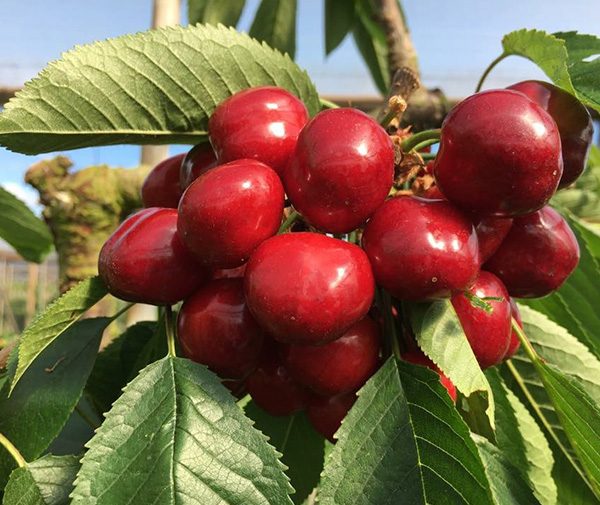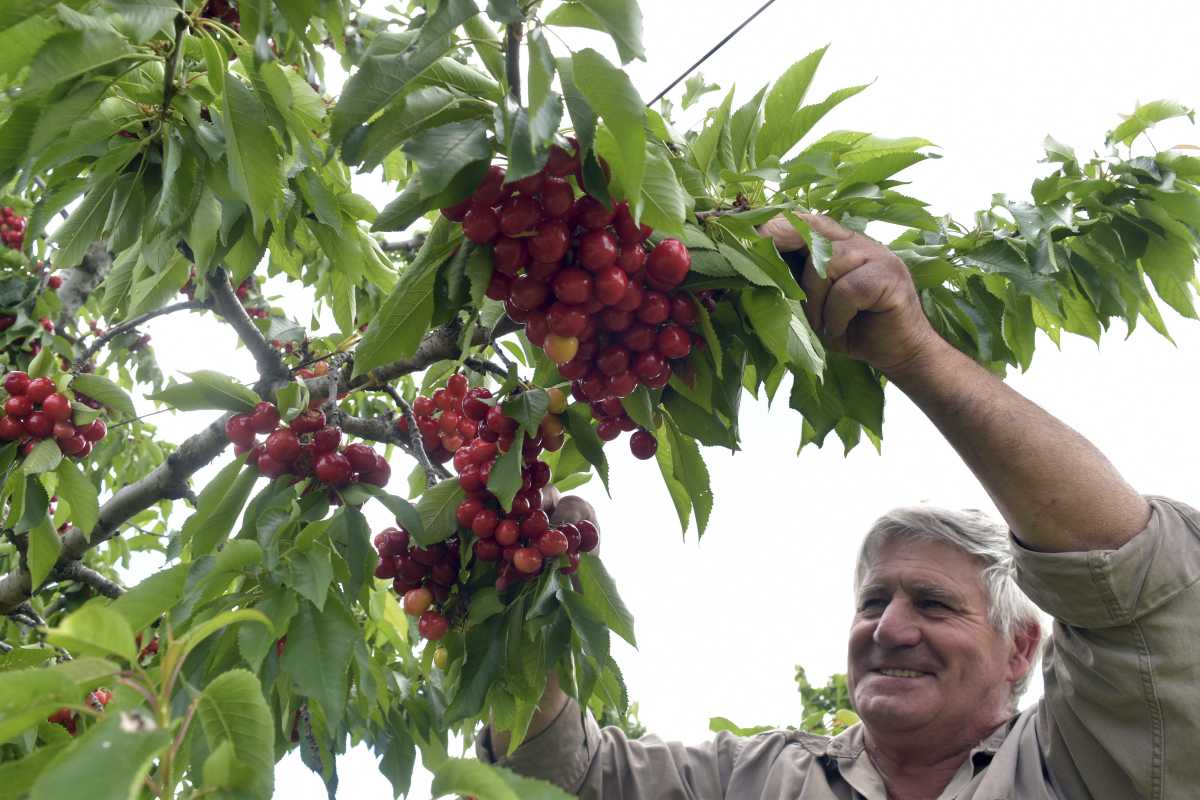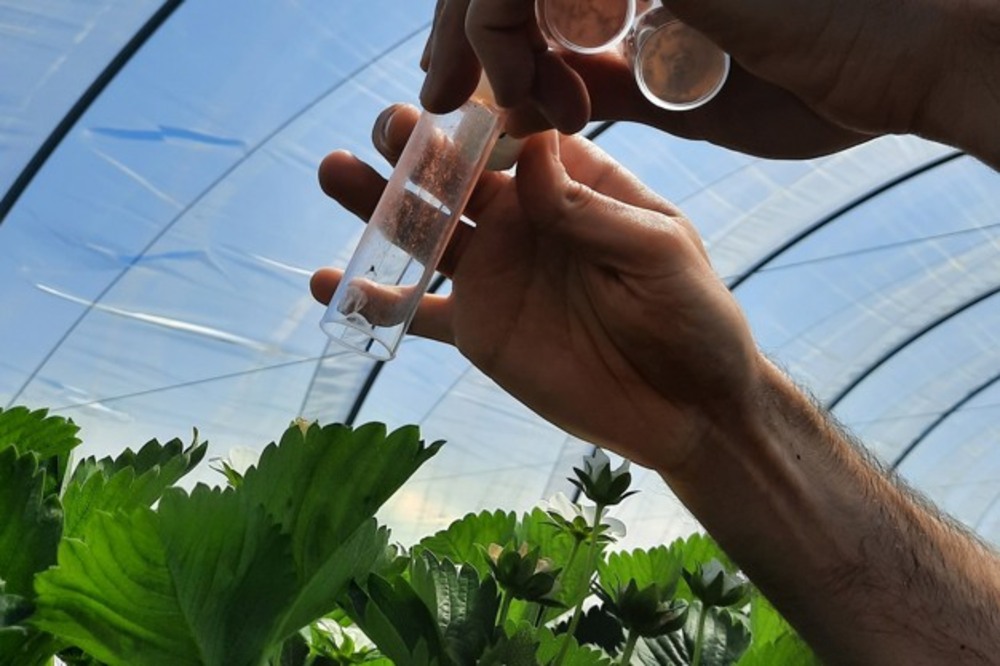The wait is the greatest joy, and those eager to enjoy the fresh cherries from the Altes Land region will have their reward this year with about ten days of early harvest compared to usual, according to the Landvolk Pressedienst (LPD).
"Thanks to the early blossoming, this year's harvest is particularly early," explains Claus Schliecker, president of the fruit growing section of Landvolk Niedersachsen. He is pleased that the fruit growers in the Altes Land region can offer cherry lovers a delicious alternative to summer fruits from southern climates, just in time for Fruit Day on July 1st.
"Our crunchy fruit scores high in terms of flavor and quality and is part of a balanced diet in summer," he says, promoting local cherries, strawberries, and raspberries from Lower Saxony. Unlike southern countries, however, July is one of the rainiest months of the year in Germany. For this reason, fruit growers take precautions with roofs and protect their precious cherries with plastic covers.
"My oldest roof is 18 years old," says Schliecker. After each harvest, it is carefully rolled up and protected from UV rays in winter, before being unrolled again the following year, about four or five weeks before the harvest. "Reliable cultivation of cherries is only possible under roofs," explains the fruit grower. Otherwise, when it rains, the cherries absorb water to equalize the concentration of the sweet juice inside and end up bursting and cracking.

"Cracked cherries are unsellable and no longer taste the same," explains Schliecker. He and his colleagues therefore invest about 120,000 euros per hectare to cover the cherry trees with films to protect them from rain and nets to protect them from birds and insects. Even though this means using fewer pesticides, combined with the increase in the minimum wage, which is currently 12.41 euros per hour, the expenses for the Altländer fruit growers amount to a considerable figure.
"In Germany, we have a low level of fruit self-sufficiency because its cultivation is very expensive," Schliecker laments. In the Altes Land region, the area has therefore remained steady at about 500 hectares for years. The Regina cherry variety, cultivated in the Altes Land, is still predominant.
"It is perfectly adapted to our climate and thus all new varieties are measured against it," says Schliecker. Its fruits are worth the wait. "As with asparagus, appreciation increases when cherries are not available all year round," is his experience.
Source: Fruchthandel
Image: SanLucar
Cherry Times - All rights reserved











